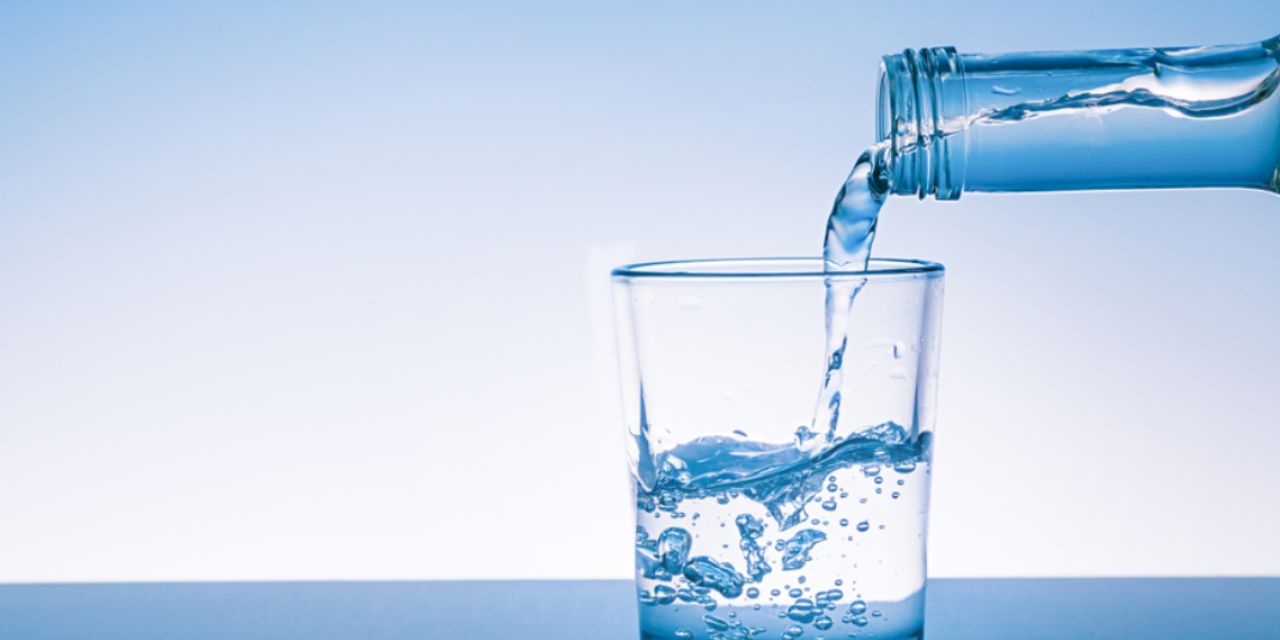Introduction
Educational awareness plays a crucial role in shaping the way individuals perceive and interact with the world around them. It encompasses a wide range of topics, from environmental issues to basic scientific principles. In this article, we will explore a seemingly simple yet thought-provoking question: Can you put gas in a water bottle? By delving into this query, we aim to highlight the importance of scientific knowledge and environmental consciousness in our daily lives.
Understanding the Basics
Before addressing the main question, it’s essential to understand the basic properties of gas and liquid. Gas, such as air, is composed of molecules that move freely, filling the space available to them. On the other hand, liquids, like water, have a definite volume but take the shape of their container. These fundamental principles govern the behavior of gases and liquids and set the stage for our exploration.
The Function of Gasoline
Gasoline is a commonly used fuel for vehicles, and its primary purpose is to power internal combustion engines. It is a volatile liquid that vaporizes easily, creating a mixture of air and fuel that ignites within the engine to generate power. Unlike water, gasoline is highly flammable and must be handled with caution. Understanding these properties is crucial when contemplating whether gas can be contained in a water bottle.
Safety Considerations
The safety implications of attempting to store gasoline in a water bottle are significant. Gasoline vapors can be highly explosive, and the risk of a fire or explosion is heightened when it is not stored properly. This underscores the importance of education in preventing potentially dangerous situations. Creating awareness about the properties and handling of substances like gasoline is crucial for personal and environmental safety.
Environmental Impact
Beyond safety concerns, the question of putting gas in a water bottle prompts reflection on the environmental impact of our actions. Improper disposal of hazardous materials, such as gasoline, can lead to soil and water contamination, posing risks to ecosystems and human health. Educational awareness campaigns play a vital role in encouraging responsible disposal practices and minimizing environmental harm.
Scientific Literacy in Everyday Life
Scientific literacy is an essential component of educational awareness. It empowers individuals to make informed decisions and understand the consequences of their actions. In the context of our question, being scientifically literate means recognizing the incompatibility of storing gasoline in a water bottle due to the stark differences in their physical properties.
Practical Implications
The question about putting gas in a water bottle extends beyond a theoretical exercise. It prompts us to consider the practical implications of our actions and the importance of applying scientific knowledge in our daily lives. Whether it’s handling potentially hazardous substances or making environmentally conscious choices, education equips individuals with the tools to navigate a complex world.
The Role of Education in Fostering Awareness
Education serves as the foundation for fostering awareness and understanding. By incorporating lessons on scientific principles, environmental conservation, and safety measures, educational institutions contribute to the development of responsible and informed citizens. The curriculum should extend beyond traditional subjects, addressing real-world scenarios to prepare students for the challenges they may encounter.
Community Engagement and Outreach
Educational awareness is not confined to formal learning environments. Community engagement and outreach programs play a pivotal role in disseminating knowledge to a broader audience. Workshops, seminars, and awareness campaigns can effectively communicate important information, encouraging individuals to adopt responsible behaviors in their everyday lives.
Conclusion
In conclusion, the seemingly simple question of whether you can put gas in a water bottle serves as a gateway to a broader exploration of educational awareness. The understanding of scientific principles, safety considerations, and environmental impact is essential for making informed decisions. Education empowers individuals to navigate the complexities of the modern world, promoting responsible behavior and contributing to a safer and more sustainable future. As we reflect on this question, let it serve as a reminder of the profound impact that education can have on our lives and the world we inhabit.
